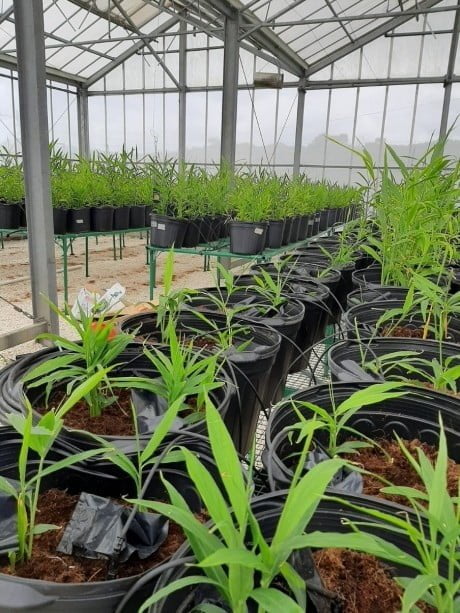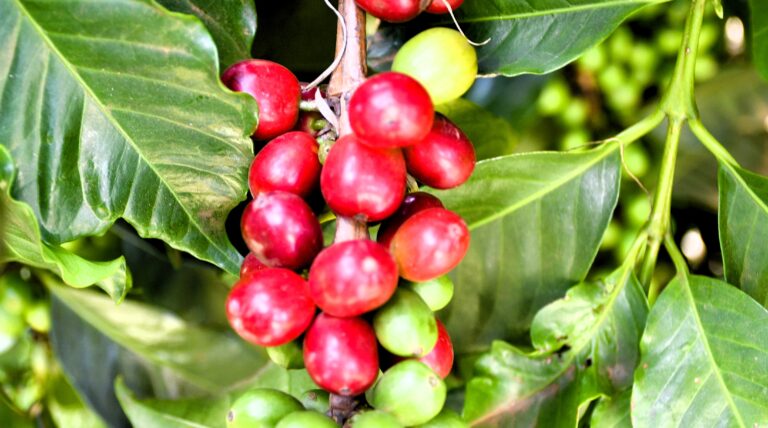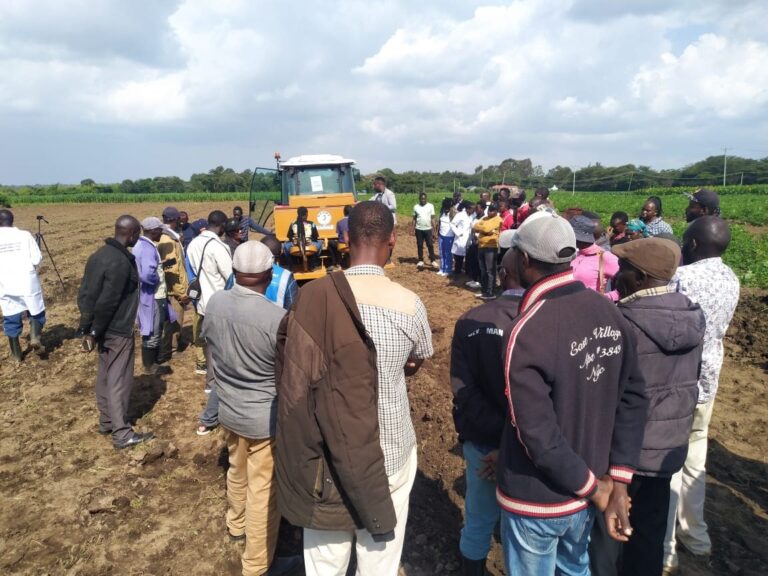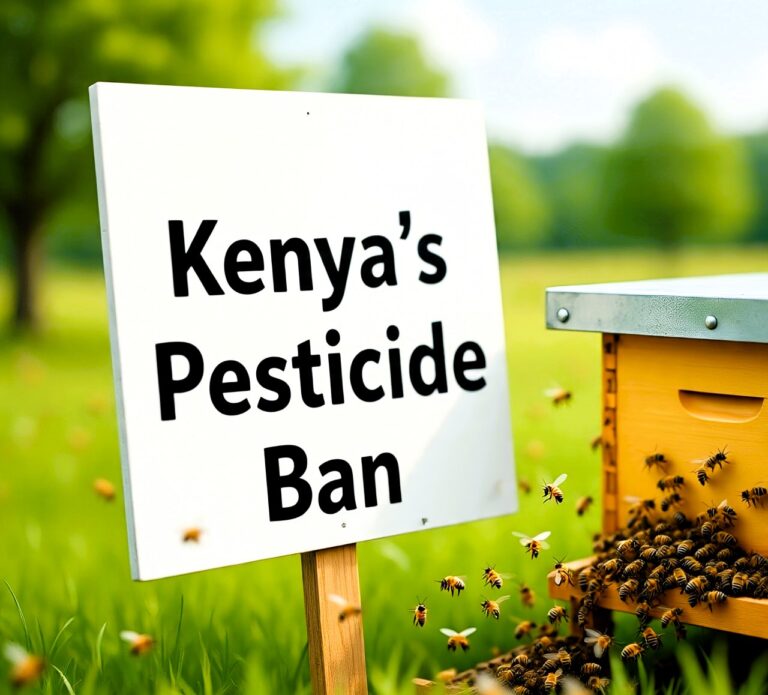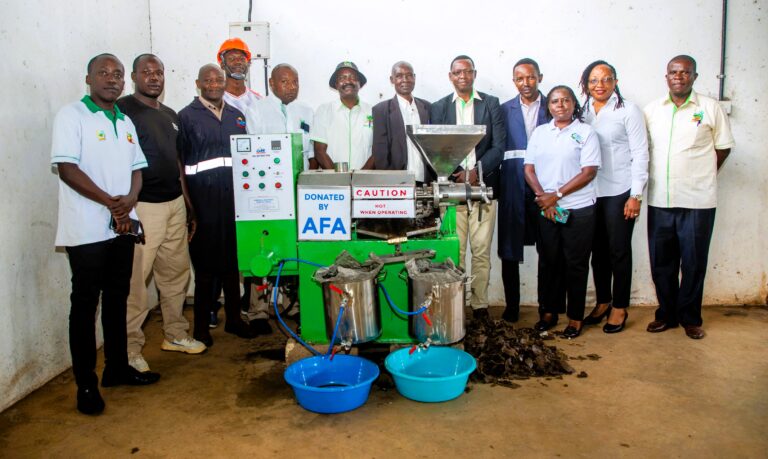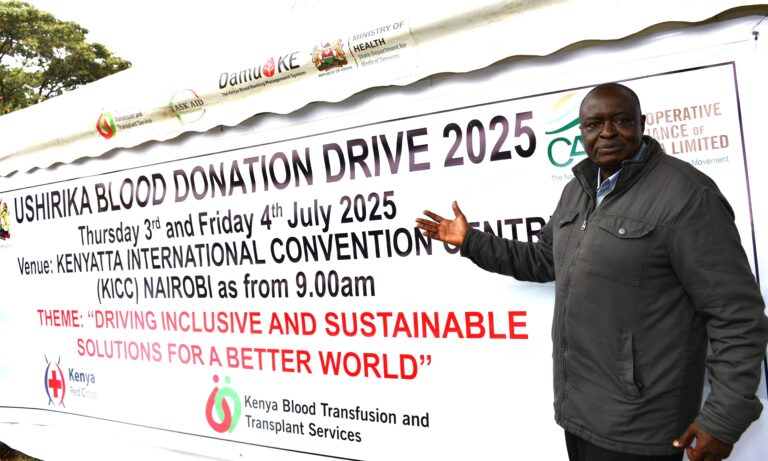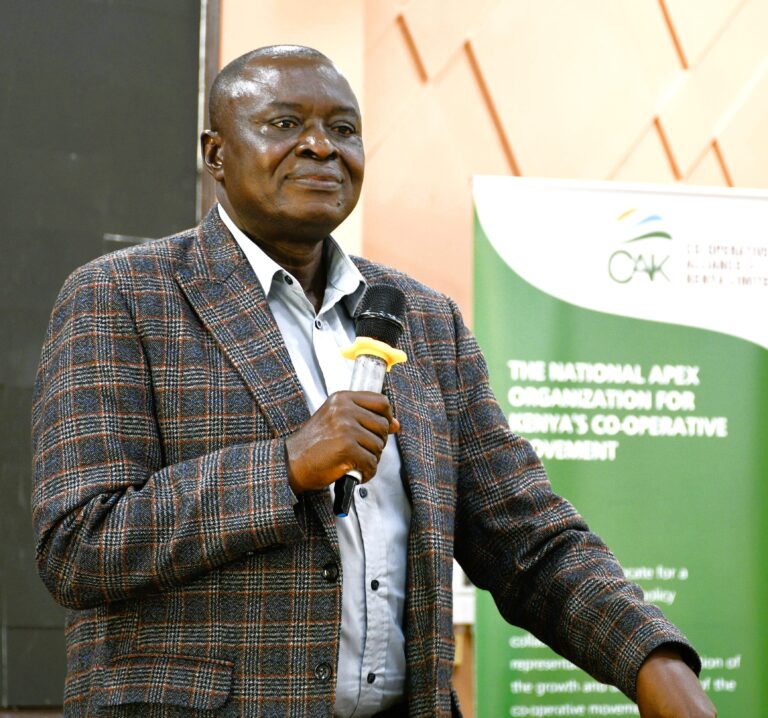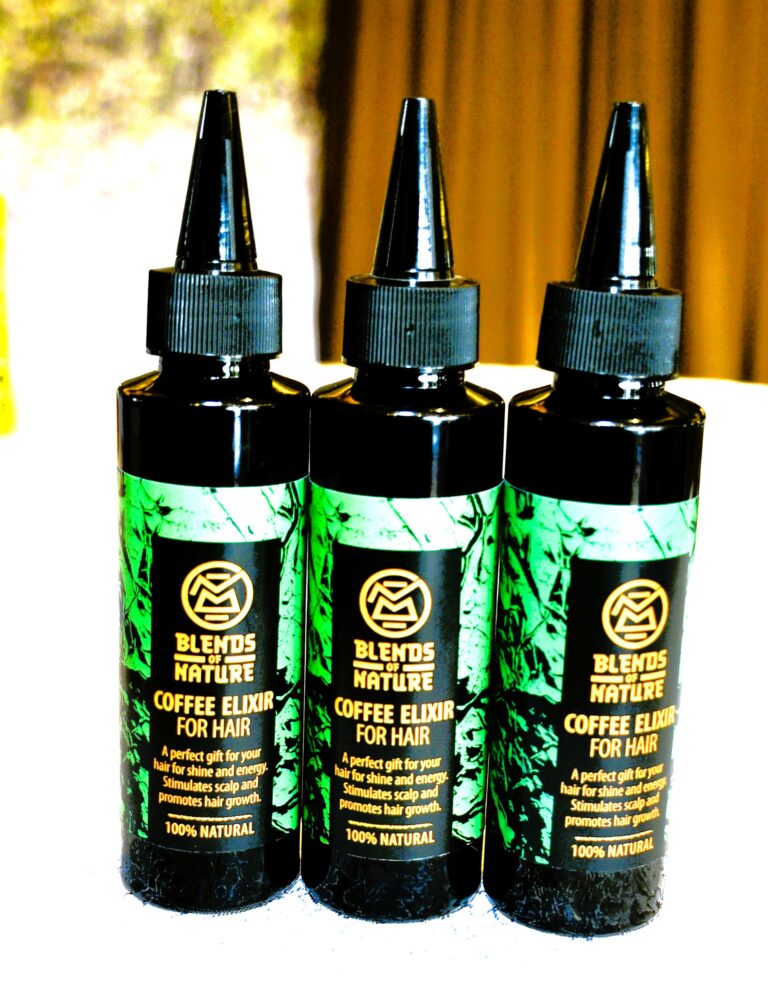For many, Jamaican ginger beer, ginger tea or ginger biscuits are a household staple. This Caribbean island has long had a global reputation for its excellent ginger, known for its potency and pungency – but the industry is being threatened.
Ginger Rhizome Rot (GRR) disease has for years devastated production across the island and even caused many farmers to stop ginger production altogether. The disease has been so prominent that, between 2015 and 2018, Jamaica’s ginger production dropped by almost half.
However, a band of public and private sector food heroes called the Ginger Working Group have been working together to revitalise the industry and return Jamaican ginger to prominence on the global market.
Bringing back Jamaican ginger
With FAO’s help, the Ginger Working Group put together a long-term strategy to resuscitate the industry. To date, the group’s biggest success has been the introduction of a commercial certification programme, which helps ensure the quantity, quality and diversity of Jamaican ginger products and provides security and incentive to local and international buyers.
The certification programme has two main benefits. Firstly, it requires that ginger farmers use clean, disease-free planting material and good practices on the farm to minimise the risk of plants becoming infected as they grow. The disease had spread widely because many farmers in Jamaica were unknowingly planting diseased ginger on their farms. The new certification programme ensures that planting material is disease-free and that participating nurseries and farms producing certified products follow safety protocols to ensure the incidence of disease is minimised every step of the way. Secondly, the certification programme assures the quality and origin of the ginger, increasing buyers’ confidence and its value on the global market.
Now, the programme is working on incorporating a traceability system into the certificate to increase confidence even further.
“By building a ginger certification programme with a traceability system, we will see who is buying our product, and we’ll be able to officially brand Jamaican Ginger, creating a niche market and good prices for an authentic product. Everyone along the value chain will win,” says Michelle Sherwood, the Ginger Working Group’s chairwoman.
As part of the programme’s next steps, FAO is helping the Jamaican Ministry of Agriculture and Fisheries produce disease-free ginger from tissue culture. FAO has refurbished a greenhouse that creates the conditions necessary for this process, allowing new plantlets, free from GRR disease, to be developed in nurseries before being purchased by farmers for cultivation. New technologies have also been introduced that will reduce the cost of planting material, which farmers must buy every year, by up to 75 percent.
Over the last couple of years, FAO has also been providing training sessions for government agencies, nursery workers and farmers on good agricultural practices to increase the production of clean, disease-free ginger. FAO has now trained two government agencies within the Ministry of Agriculture and Fisheries to provide technical support too. Trained staff from these two agencies will now train nursery workers and farmers to follow the correct protocols to keep the disease at bay.
Onwards to commercialisation
Alongside the FAO team, the Ministry has been pitching the commercial certification model to not just ginger producers and growers, but also local manufacturers. It is more expensive for farmers to invest in the certification model, so to encourage them to take part, the project has started engaging potential buyers of fresh ginger. In this way, farmers know who they are going to sell to before they even plant, convincing them that it is worth investing in the improved production practices. The local manufacturers benefit too, as they know that farmers planting certified ginger will have a better yield, and they are assured that they will be able to purchase enough product to make their businesses run smoothly. By the end of May, they had successfully piqued the interest of farmers and the private sector, with several deals on the horizon.
“Increased collaboration across the public sector agencies has allowed the private sector to feel more assured and willing to make an investment in the industry,” says Gusland McCook, the Acting Director General of one of the involved government ministries.
Since the onset of the COVID-19 pandemic, however, commercialisation activities have been put on hold, and movement restrictions have disrupted nursery and farming activities, threatening the project’s progress. Yet, even amidst these disruptions, a diverse and increasingly large team of public and private sector partners continued working together virtually to drive forward Jamaican ginger production.
Six months on, COVID-19 has proved to be Jamaica’s litmus test for managing various and unexpected risks along the value chain, while ensuring that development continues – a test that it has passed with flying colours. Actual production of ginger has increased thanks to technical trainings, encouraging producers to invest in large-scale certified ginger production and the impressive coordination between all the public partners. Now, five different public agencies are working together through this common certification programme.
Eliminating the GRR disease from Jamaica will not happen overnight, but by working together in private-public partnerships, big gains have already been made. Thanks to the new certification programme, the national yield rate is expected to double from 12 to 24 metric tons per hectare, bringing the yield back up to pre-disease levels.
It is clear that if we are to ensure more sustainable food systems across the world, collaboration is key. FAO and the Ginger Working Group’s partnership over the past couple of years means that Jamaica’s ginger crops are now being managed in a healthier and more sustainable way: helping the Jamaican ginger industry build back better and putting it on the path to success.


